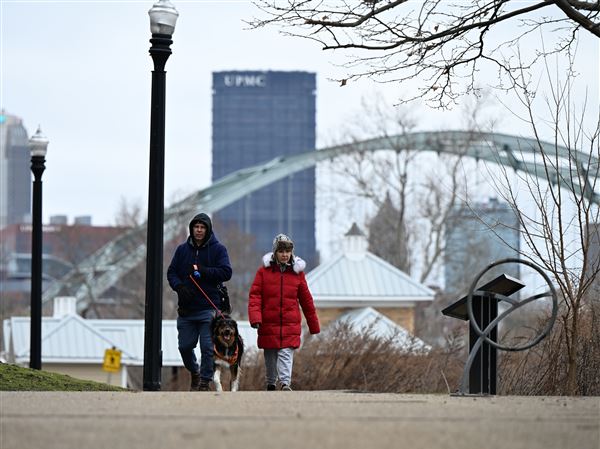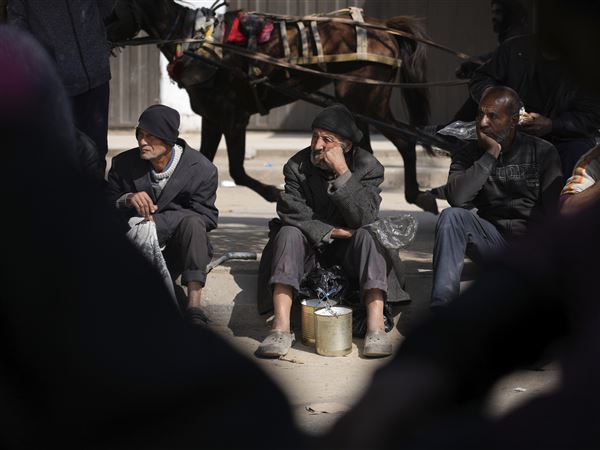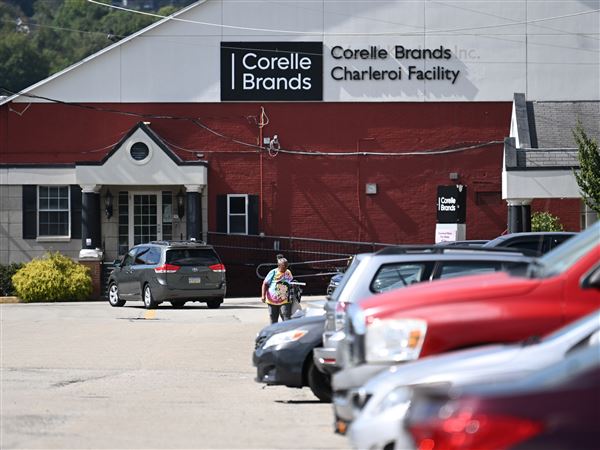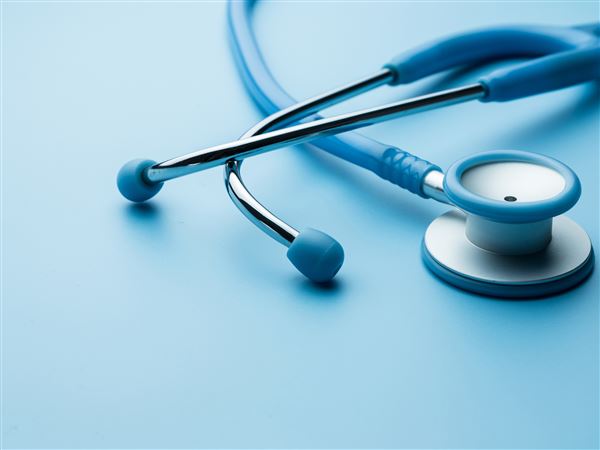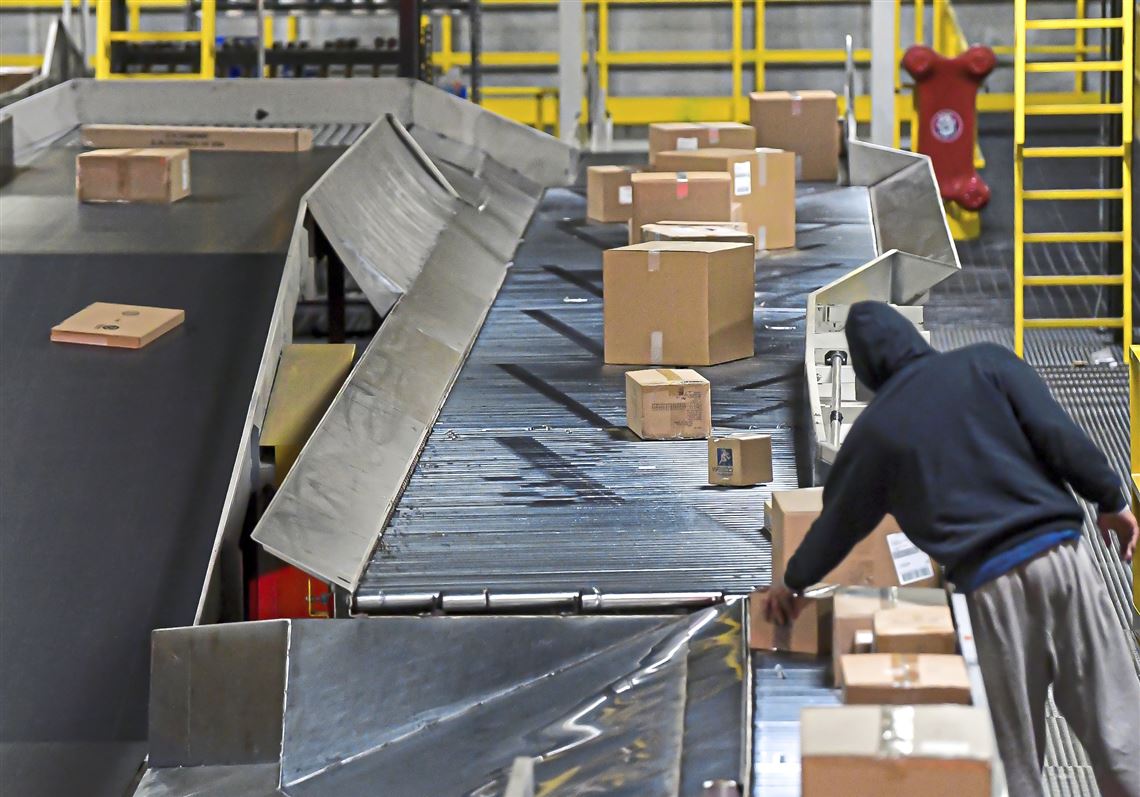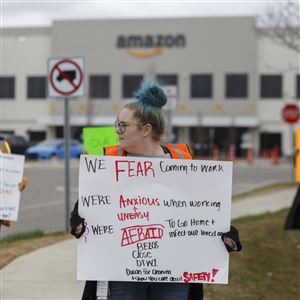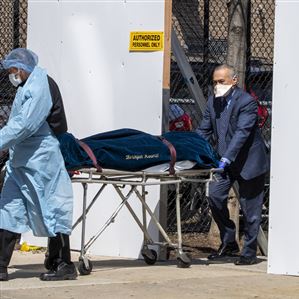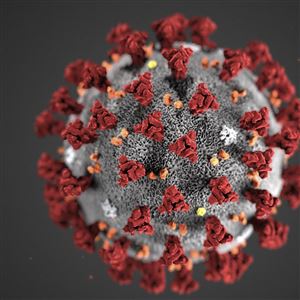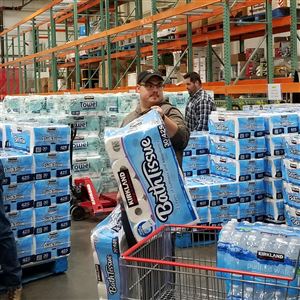Plastic gloves might be hard to come by these days, but Dr. Sally Wenzel has an alternative idea: sandwich bags.
While most people are working or learning from home, employees for “life-sustaining” businesses who deliver the mail and package online orders are still going in to a warehouse or revving up their truck every day.
To protect themselves, they should avoid “high-touch” surfaces in public places, like elevator buttons, door handles and handrails, said Dr. Wenzel, the chair of the Department of Environmental and Occupational Health at the University of Pittsburgh Graduate School of Public Health.
If they must touch something, they should use a tissue or their sleeve. Or, they could consider carrying inexpensive sandwich-sized plastic bags that could be used as gloves “in a pinch,” Dr. Wenzel said.
For consumers, the risk of catching the virus that causes COVID-19 from a package that has been moved, traveled and exposed to different conditions and temperatures is low, the World Health Organization said on its website.
But if you are unsure whether a surface may be infected — whether it's a countertop, a door handle, a package or a letter — it’s a good idea to clean it with a disinfectant, Dr. Wenzel said.
You might even consider leaving packages or bags of groceries outside overnight.
“The easiest way to make sure that you aren’t bringing the virus in with your packages is to treat the package as though a COVID-19 positive person last handled it: Wipe off all items before putting them away, throw out your packaging and wash your hands,” she said.
On the other side of the delivery, companies like FedEx and Amazon say they are taking steps to keep their facilities clean and encouraging employees to stay home if they are feeling sick. Whether the industry is doing enough is still up for debate, but the companies have made changes.
FedEx, which headquarters its Ground operations in Moon, is providing hand soap, disinfecting wipes and hand sanitizers to its staff. To adhere to social distance guidelines, FedEx said signatures are no longer required for deliveries.
Amazon said it has started sharing essential business information through white board messages rather than stand-up meetings at fulfillment centers. It now staggers when employees start their shifts and take their breaks to minimize interactions, according to the company’s website.
In mid-March, the Seattle-based company started creating a process for how to handle deep cleaning if an employee does test positive for the new coronavirus — looking at things like where the employee was in the building, who they interacted with and how much time had passed since they were on site.
By the end of the month, employees in at least 21 Amazon warehouse and shipping facilities across the United States had tested positive for COVID-19.
Amazon has said it will pay employees an additional $2 per hour worked through April, but some workers don’t think the company has gone far enough.
On Monday, some warehouse employees at an Amazon facility in Staten Island, N.Y., walked out. On Tuesday, some staffers at Amazon-owned Whole Foods around the country planned to call in sick to demand the grocer offer hazard pay of double their current hourly wages.
Meanwhile, Amazon is looking to hire 100,000 new employees across the U.S. as its fulfillment centers and delivery network work to meet the surge in demand.
Already, the company has changed its processes to prioritize the delivery of essential products, like sanitizers, baby formula and medical supplies. It also created a “no-rush shipping” option for customers shopping for nonessential items and warned customers it may take longer than usual to get a package.
FedEx, which plans to continue operating as government restrictions and regulations allow, said the work and travel restrictions have already impacted the company’s ability to “meet our high standards consistently,” according to spokesperson Meredith Miller.
FedEx has temporarily suspended its money-back guarantee for FedEx Express, Ground, Freight and Office services until further notice.
“We continue flexing our network and making adjustments as needed to align with volumes,” Ms. Miller wrote in an email. “The COVID-19 situation is very fluid and is causing many businesses — ours, service providers’ and customers’ — around the globe to adapt.”
For now, Dr. Wenzel at Pitt said there is no sign that Pittsburgh is a cluster of concerning activity.
“It is too early to know whether this will continue,” she said. “It is still very important to maintain social distancing and take other measures such as these to protect the most vulnerable.”
Lauren Rosenblatt: lrosenblatt@post-gazette.com, 412-263-1565.
First Published: April 2, 2020, 11:30 a.m.
